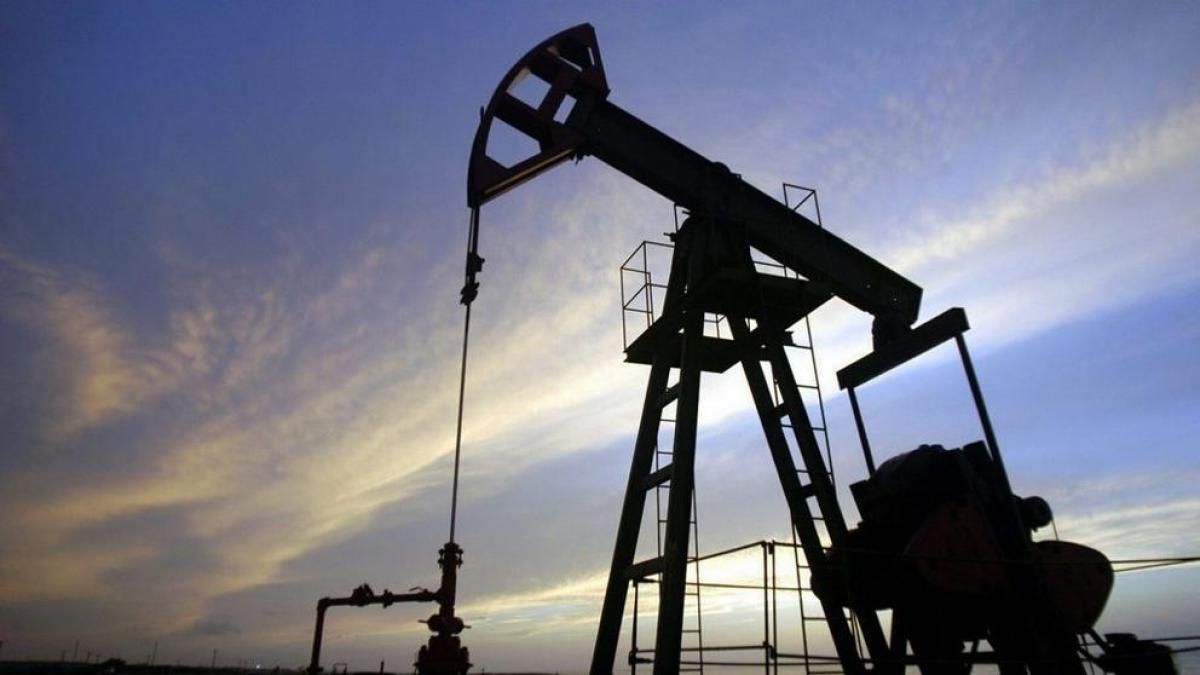The prices of the oil rose on Thursday due to optimism that possible cuts in interest rates in the United States will boost economic activity and fuel consumption, but concerns about slower global demand curbed gains.
In morning trading, Brent crude futures rose 51 cents, or 0.6%, to $80.27 a barrel, recouping some of the previous day’s losses. U.S. West Texas Intermediate crude futures rose 47 cents, or 0.6%, to $77.45 a barrel.
Both benchmarks fell more than 1% on Wednesday after U.S. crude inventories unexpectedly rose.
Consumer prices in USA rose moderately in July and the annual increase in inflation slowed to less than 3% for the first time in almost three and a half years, reinforcing expectations that the Federal Reserve will cut interest rates next month.
“Crude oil prices rose slightly during the European session due to increased risks of a flare-up in the Middle East,” said Milad Azar, market analyst at brokerage XTB. “Optimism that possible interest rate cuts in the United States could stimulate economic growth and increase fuel consumption has also supported oil prices,” he added.
Concerns over the situation in Gaza continue
Investors were concerned about Iran’s possible response to the assassination of the leader of the Palestinian militant group Hamas last month. Three senior Iranian officials have said that only a ceasefire agreement in Loop would prevent Iran from directly retaliating against Israel for the murder.
“He geopolitical risk continues to weigh on the oil market. It remains unclear whether and how Iran will retaliate against Israel,” ING analysts said in a note to clients.
However, increases in oil inventories raised concerns about weaker demand, ANZ analysts said in a note to clients. Crude oil stocks in the US USA rose by 1.4 million barrels in the week ended Aug. 9, compared with estimates for a decline of 2.2 million barrels, increasing for the first time since late June.
The growth of factory production China slowed in July, while refinery output fell for a fourth month, underscoring the country’s uneven economic recovery and also limiting market gains.
Source: Ambito




